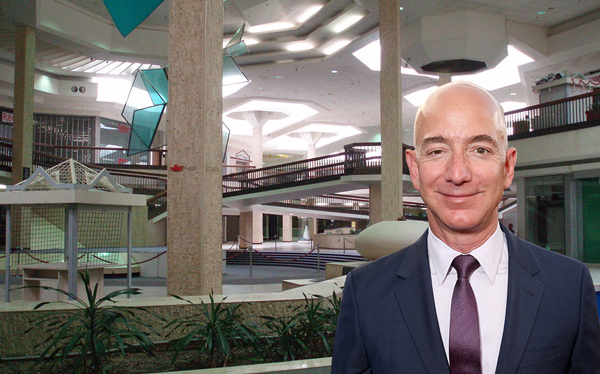Trending
Will dead malls be the next logistics hubs?
Warehouse landlords look to repurpose old shopping centers

Some of the real estate most coveted by e-commerce giants and logistics companies just so happens to be the malls they helped to snuff out.
Warehouse landlords are turning to former malls as new locations for delivery companies and retailers due to their proximity to consumers’ homes and easy access to transportation, the Wall Street Journal reported.
In North Randall, Ohio, for example, Amazon is eyeing the site of the former Randall Park mall for a fulfillment center, which was the largest shopping center in the world for a brief time after it opened in 1976, the newspaper reported. The mall closed in 2009.
And in Mesquite, Texas, FedEx will open a 340,000-square-foot distribution center on the site of the former Big Town Mall, which was demolished in 2006 and later rezoned.
“Land uses do change,” said Michael Landy of Monmouth Real Estate Investment Corp. , which owns the facility and leases it to FedEx.
Analysts estimate that about 400 of the roughly 1,100 malls across the country will close in the coming years. At the same time, there’s an enormous appetite for industrial space, which is expected to see 247 million square feet delivered this year, according to JLL.
Amazon also plans to hire 100,000 full-time and 30,00 part-time workers in the country by mid-2018. The company is planning on opening a 1 million-square-foot distribution center on Staten Island, part of what will eventually be a 3.5 million-square-foot commercial hub being developed by New Jersey-based Matrix Development Group. [WSJ] – Rich Bockmann




